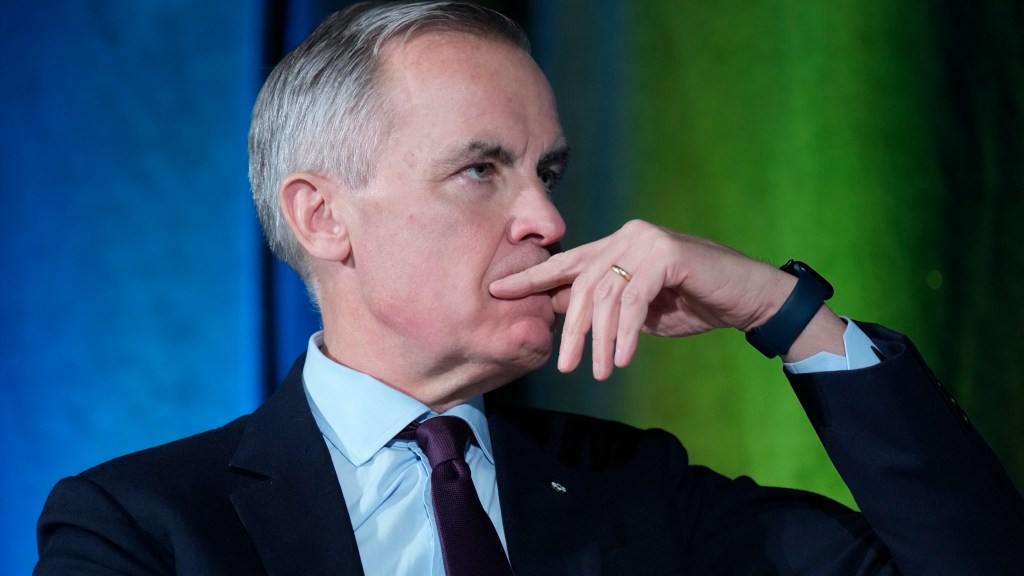Nike’s New CEO Aims to Reignite Passion for Sports
Nike’s newly appointed CEO, Elliott Hill, has committed to decreasing discount sales and reestablishing a strong focus on sports as part of a revitalization strategy for the leading sportswear brand.
At 61, Hill, a long-time Nike employee who returned to the company in October following a significant drop in share prices, stated that the brand had become “too promotional”, with ongoing discounts negatively affecting its image. “Being premium also means maintaining full price,” he remarked.
According to Hill, Nike’s website currently reflects a 50-50 ratio of full-priced to discounted items. This assessment came after the company reported a notable decrease in quarterly revenue.
During a two-month tour of Nike stores globally, Hill observed that the retailer has “lost our obsession with sport”. Critics have suggested that the brand has shifted too much towards lifestyle offerings, diverting its focus from traditional sports categories like basketball and running.
Hill emphasized, “We haven’t been utilizing our strengths to the fullest. In the future, we will prioritize sports and place athletes at the heart of every decision.” He promised that Nike would introduce innovative new products each quarter and invest in creating bold brand initiatives to attract more customers.
This year, Nike has faced challenges from agile competitors such as On, which is backed by Roger Federer, and Hoka from Deckers, alongside a downturn in sales in the Chinese market.
Hill, who previously held the role of president of the consumer marketplace at Nike, exited the company in 2020 but has returned to spearhead its recovery efforts, succeeding John Donahoe.
He stated, “Relying on a limited range of sportswear designs does not represent who we are. We will return to leveraging in-depth athlete insights to enhance innovation, design, product development, and storytelling.”
Nike is set to decentralize its operations by enhancing the capabilities of local teams responsible for engaging with consumers and athletes.
Hill noted that the turnaround strategy might adversely affect short-term financial results but reassured that the leadership team is committed to a long-term vision to create shareholder value.
The company reported a 26% drop in net income, totaling $1.2 billion, for the second quarter, with sales declining by 8% to $12.4 billion—an improvement compared to the previous quarter’s 10.4% sales drop. Analysts had anticipated a 9.4% decline based on estimates from LSEG.
Recently, Nike announced initiatives to regain market share in the running shoe category, pledging to boost development for its Pegasus, Structure, and Vomero lines by launching multiple versions of each shoe in the upcoming year across various price ranges.
According to John Nagle, chief investment officer at Kavar Capital Partners, “The recovery will be a multi-year journey, but Hill appears to be steering the brand back to its core principles, back to Nike’s origins.”
Nagle added, “Hill intends to refocus away from the streetwear and fashion trends that have overshadowed the brand, reducing heavy discounting and addressing the needs of retailers. It’s about returning to strategies that have proven effective in the past.”
Nike’s stock, which has experienced a 28% decline since the beginning of the year, saw a slight increase of $0.50, or 0.7%, reaching $77.60 in after-hours trading.




Post Comment